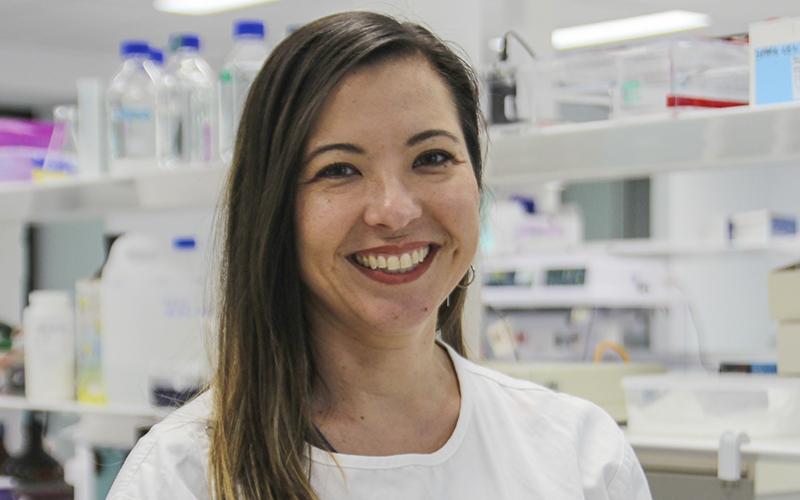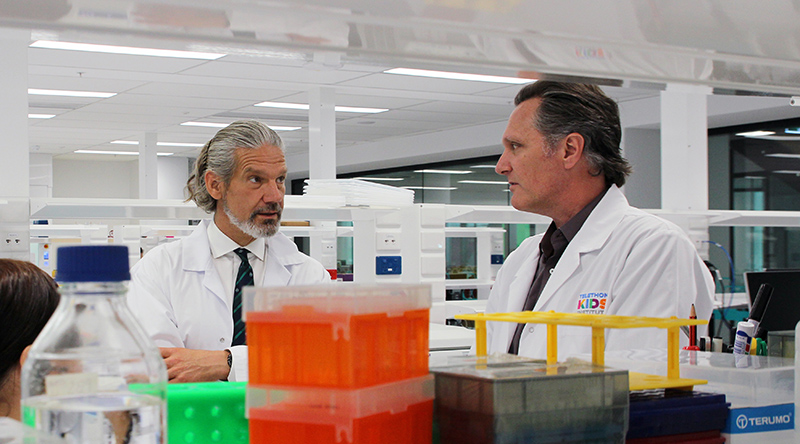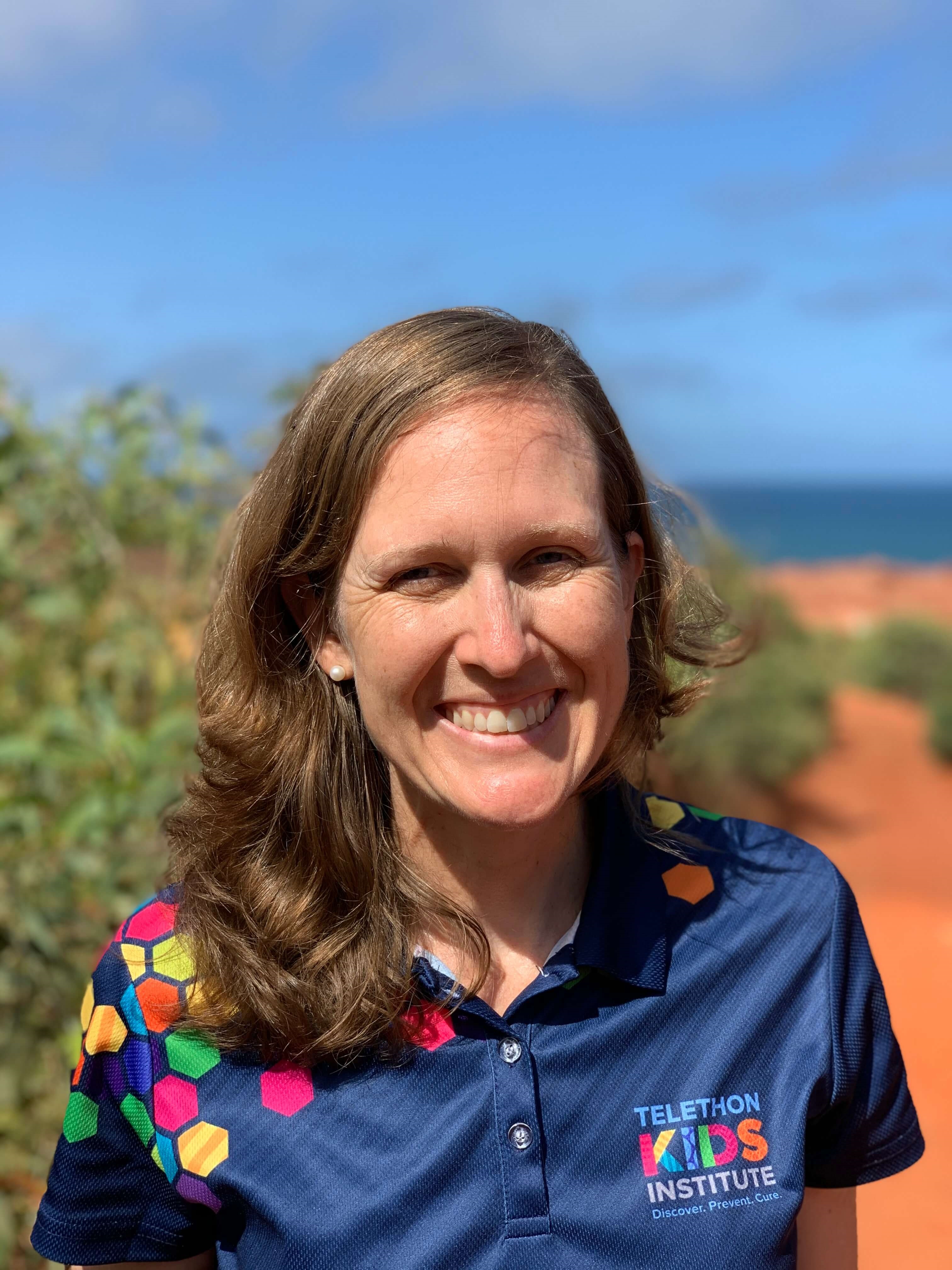Search
Showing results for "A"

News & Events
Cancer Council WA supports development of less toxic treatments for childhood brain cancerThe Kids Research Institute Australia researcher, Dr Raelene Endersby, will work to develop less toxic treatments for children with brain cancer, thanks to support from Cancer Council WA.

News & Events
BHP commits $2.6 million to research focused on stopping COVID-19 spreadResearchers from The Kids Research Institute Australia will lead a world first trial to test the effectiveness of the drug interferon in stopping outbreaks of COVID-19 by reducing the infectiousness of people who contract the virus.

News & Events
The Kids Research Institute Australia researcher wins Eureka Prize for Emerging Leader in SciencePaediatric infectious disease expert and clinician-scientist Associate Professor Asha Bowen has been named as the Emerging Leader in Science at the country’s most prestigious science awards – the Australian Museum Eureka Prizes.
Symposium Sundowner Date: Monday, 11th November Time: 5-7pm Venue: The Winter Garden & Collegiate Lounge, Level 5 Perth Children’s Hospital Join us
Research
Ultra low dose CT screen-detected non-malignant incidental findings in the Western Australian Asbestos Review ProgrammeThe prevalence of LDCT-detected indeterminate lung nodules in 906 individuals with significant asbestos exposure was 8.5%, lower than many other CT studies
Research
Gateways to the FANTOM5 promoter level mammalian expression atlasThe FANTOM5 project investigates transcription initiation activities in more than 1,000 human and mouse primary cells, cell lines and tissues using CAGE.
Research
Cyber AgressionInformation and communication technology has allowed individuals to engage in aggressive behavior on multiple distinct platforms with different capabilities
Research
Sub-erythemal ultraviolet radiation reduces metabolic dysfunction in already overweight miceExposure to sunlight may limit cardiometabolic risk.
Research
Fragranced consumer products: effects on asthmatic AustraliansMost asthmatics would prefer workplaces, healthcare facilities, and environments that are fragrance-free, which could help reduce adverse effects
Research
Burden of skin disease in two remote primary healthcare centres in northern and central AustraliaSkin infections are an under-appreciated and dominant reason for presentation to primary healthcare centres in these indigenous communities
